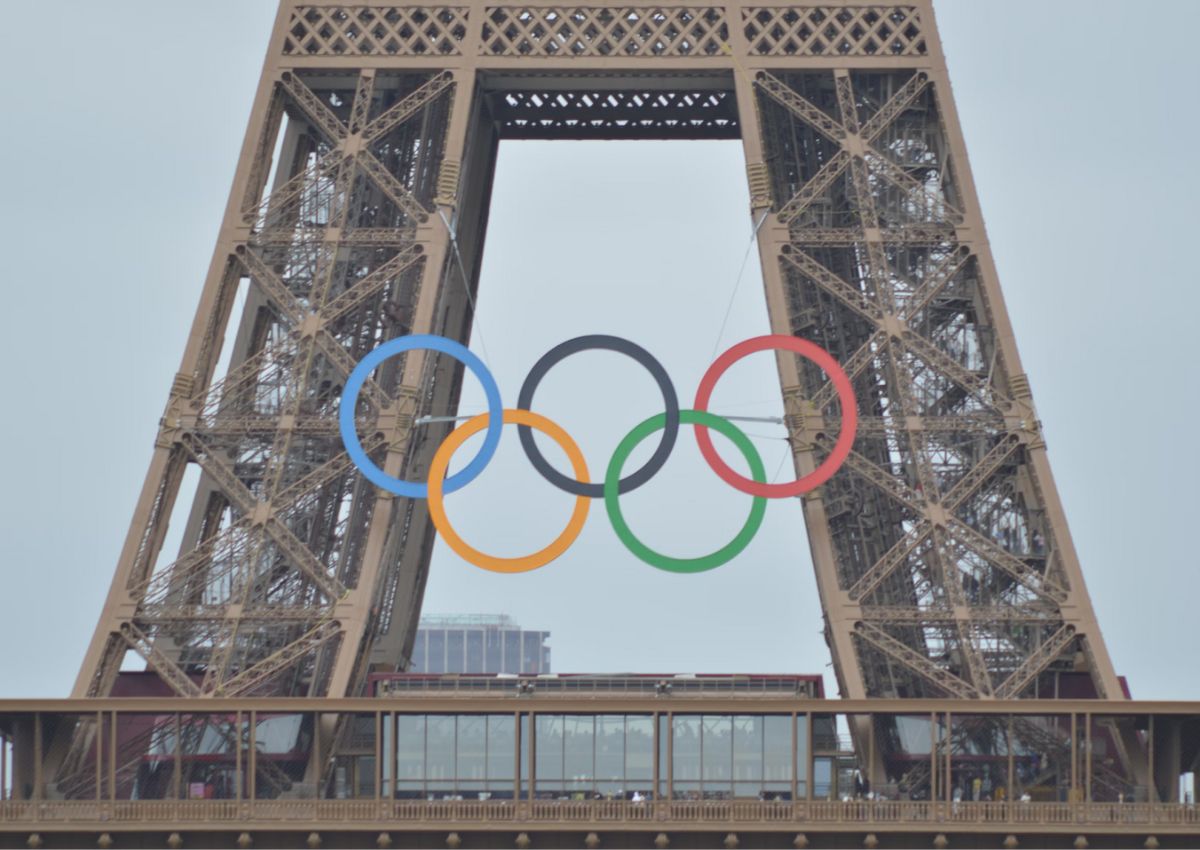
The Olympics Through the Ages: A Journey From Togas to Esports
The modern Olympics began in 1896, revived by Pierre de Coubertin, who established the International Olympic Committee.

The Olympics as we know it today started thanks to Pierre de Coubertin, who organized the International Olympic Committee and revived the Games in 1896. The athletes had to lose togas and follow strict rules, but the movement has grown to a worldwide event that still attracts the attention of millions of viewers. But the history of the Olympics was bumpy, to say the least, with its highs and lows, and was affected by major events. Fans and bettors know that they need to follow the external factors to understand if the athlete will show his best. The seasoned punters always choose trusted software after reading reviews, and the betfred app has a comprehensive guide at the link.
The unplanned timeout of the World Wars
The First and Second World Wars gave the Olympics an involuntary pause. It was as if someone had pressed the Olympic pause button in 1916, 1940 and 1944. But like a stubborn athlete who refuses to give up, the Games came back strong. Suddenly, it wasn’t just about winning medals, but also about showing the world that we can actually be in the same room without starting a world war. Impressive, right?
The doping dilemma: When athletes become chemistry labs
Doping scandals have been the unwanted companion of the Olympics since the 1960s. It has led to a never-ending battle between doping hunters and doping culprits that’s a bit like Tom and Jerry – only with more urine samples and fewer falling anvils.
Cold War: When sport becomes political chess
During the Cold War, the Olympics 1980 were transformed into a kind of political chess game, only with more sweat drops and less vodka. East and West used the games to flex their ideological muscles. This resulted in some spectacular boycotts that made even the most dramatic reality shows pale in comparison.
Ka-ching! The gold rush of commercialisation
From the 1980s, the Olympics began to realise that there was more gold in sponsorship deals than in medals. Suddenly there were more logos than athletes and merchandise sales exploded. You can now buy everything from official Olympic toothpicks to toilet paper with the Olympic rings. Because nothing says ‘Olympic spirit’ like a logo on your toilet paper, right?
The unexpected hurdles of the pandemic
COVID-19 gave the Olympics the biggest challenge since World War II. Tokyo 2020 became Tokyo 2021, and suddenly hand sanitiser was as important as sports equipment. It was like a global relay race where the depeche was a vaccine.
Diversity: From exclusive club to global party
The Olympics have gone from being an exclusive club for wealthy men to a global celebration for everyone. Women, Paralympic athletes and previously excluded nations now all have a seat at the Olympic table. It’s like someone finally realised that ‘the best athletes in the world’ should actually include, you know, the whole world.
Green Games: The environment wants a medal too
In recent years, the Olympics have become more eco-conscious than a bunch of vegans on a bike ride. Host cities are now competing to see who can be the most eco-friendly. Soon we might see events like ‘sustainable archery’ and ‘carbon-neutral shot put’.
Social media: Athletes became influencers
Social media has allowed us to follow our Olympic heroes more closely than ever before. You can see everything from their intense training sessions to their breakfast habits. It’s like reality TV but with more six-packs and less scandal (usually).
From radio to TikTok: Technology’s victory lap
Technology has changed the Olympics more than any drug ever could. From crunchy radio broadcasts to live streams in 4K, we’ve moved from ‘What’s going on?’ to ‘Oh no, I can see every drop of sweat!’. Now you can follow your favourite athlete’s breakfast habits on Instagram as you watch them compete live on your smartphone. Progress, ladies and gentlemen!
The Games of the Future
The International Olympic Committee always tries to add something new to the mix to cater to different audiences: for example, surfing and breaking debuted in Paris 2024. On top of that, the Olympic Esports Games is now an official event that will be held in 2025 in Saudi Arabia.
When you watch the Olympic games remember that you’re watching history and become a part of it. With all the positives and negatives it brings to the table, but mostly makes you empathize with the athlete’s results. Cheer for your favourite, find a new one, or read about the next incredible underdog story – this is what the Games are all about.